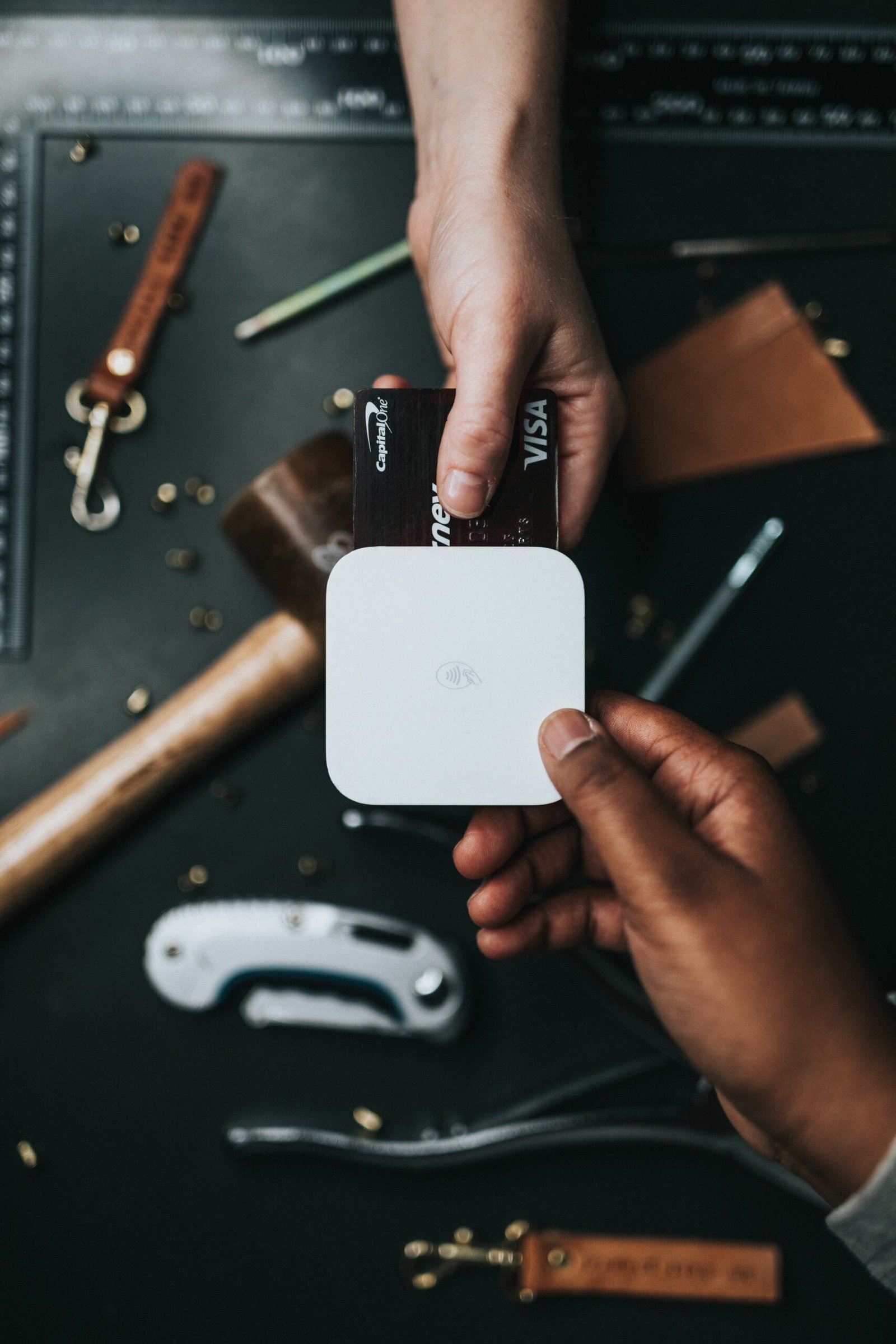When you initially move to a new country as a dependent on someone else’s visa, it can be a great opportunity to explore a new culture and support your loved ones. However, as time goes on, you may find yourself wanting to pursue your own career and become financially independent. In this blog post, we will discuss the process of transitioning from a dependent visa to a work visa, allowing you to take control of your professional life.
Understanding the Dependents Visa
A dependent visa is typically granted to spouses, children, or other family members of someone who holds a work visa. It allows them to reside in the country, but it usually does not grant them the right to work. This means that if you want to pursue employment opportunities, you will need to obtain a work visa.
Research and Preparation
Before you begin the transition process, it’s important to research and understand the requirements for obtaining a work visa in your host country. Each country has its own specific rules and regulations, so it’s crucial to familiarize yourself with the process.
Start by identifying the type of work visa that is most suitable for your situation. This could be a general work visa, a skilled worker visa, or a specific visa for a particular profession. Determine the eligibility criteria, required documents, and any language or skill requirements that may be necessary.
Building Your Professional Network
While you are still on a dependent visa, it’s a good idea to start building your professional network. Attend networking events, join industry-specific groups or associations, and connect with professionals in your desired field. This will not only help you gain insights into the job market but also increase your chances of finding employment opportunities.
Additionally, consider undertaking any relevant certifications or courses that may enhance your skills and make you more marketable to potential employers.
Updating Your Resume
As you prepare to transition to a work visa, it’s important to update your resume to reflect your skills, qualifications, and any relevant work experience. Tailor your resume to the local job market and ensure that it aligns with the expectations of potential employers in your host country.
Highlight any transferable skills you have acquired during your time as a dependent, such as language proficiency, cross-cultural communication, or adaptability. These skills can be valuable assets when seeking employment.
Job Search and Application
Once you have completed the necessary preparations, it’s time to start your job search. Utilize online job portals, local job boards, and professional networking platforms to find suitable job opportunities.
When applying for jobs, ensure that you carefully read and understand the requirements and qualifications. Tailor your application materials, including your cover letter and resume, to each specific job application. Highlight your relevant skills and experiences that make you a strong candidate for the position.
Work Visa Application Process
Once you have secured a job offer, you can begin the work visa application process. Consult the appropriate government website or embassy for detailed instructions on the application process and required documents.
Common documents required for a work visa application may include a valid passport, proof of employment, educational certificates, medical examinations, and proof of financial stability. It’s important to ensure that you have all the necessary documents in order to avoid any delays or complications in the application process.
Conclusion
Transitioning from a dependent visa to a work visa is an important step towards achieving professional independence and pursuing your career goals. By conducting thorough research, building your professional network, updating your resume, and actively searching for job opportunities, you can successfully navigate the transition process and embark on a fulfilling professional journey in your host country.
Remember to consult the official government sources and seek professional advice if needed to ensure that you are following the correct procedures and meeting all the requirements for obtaining a work visa.

